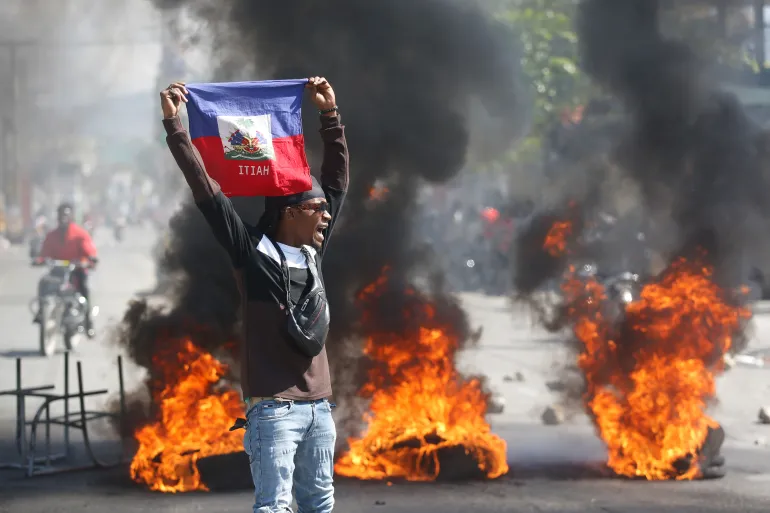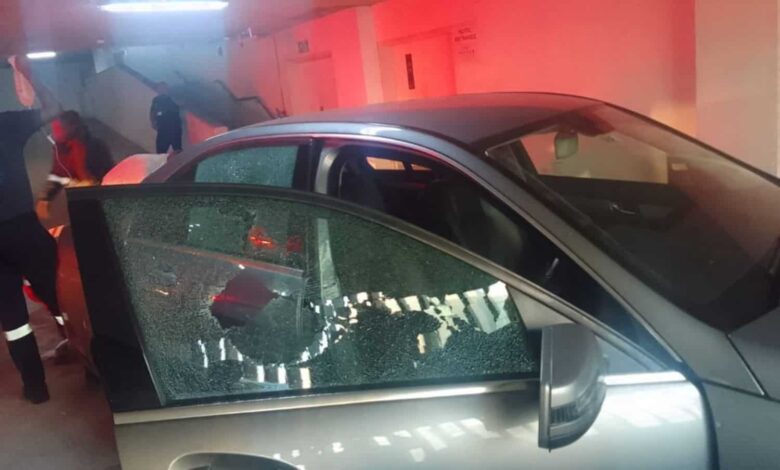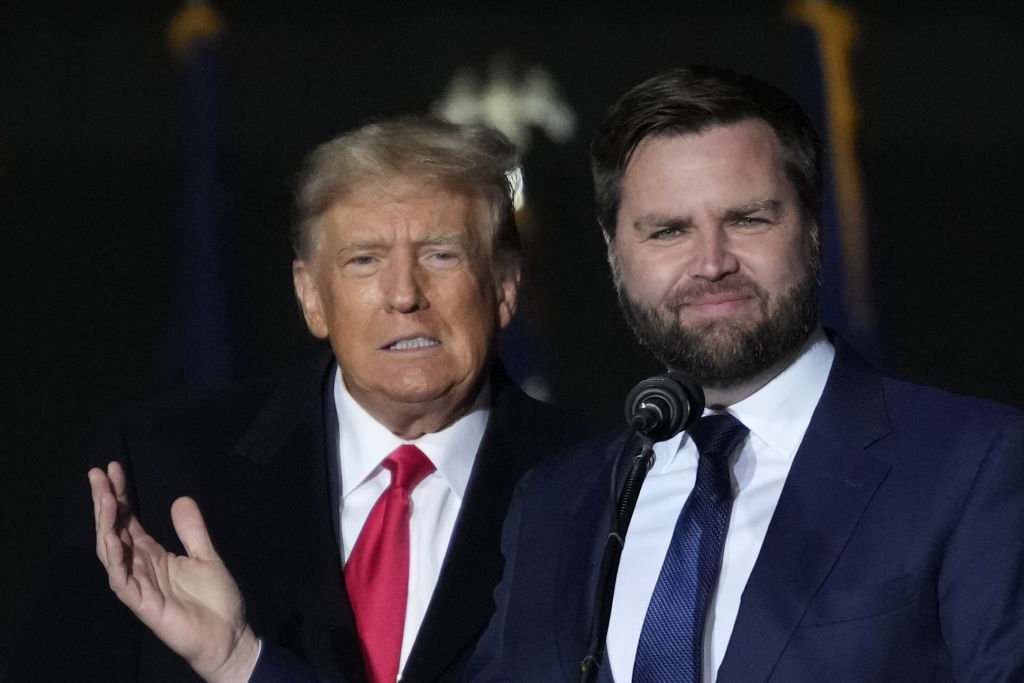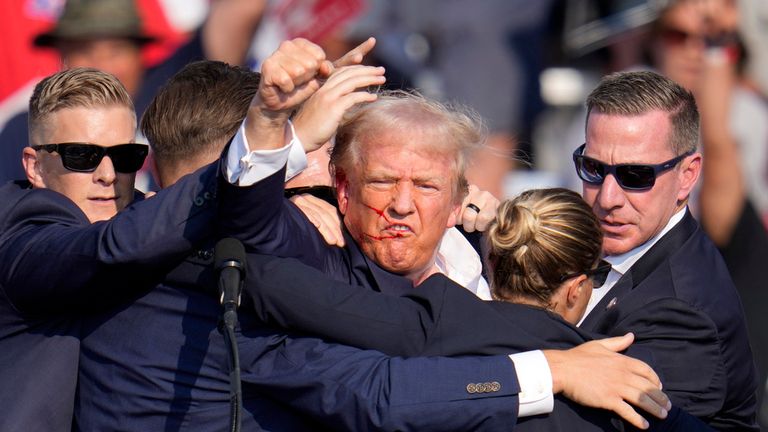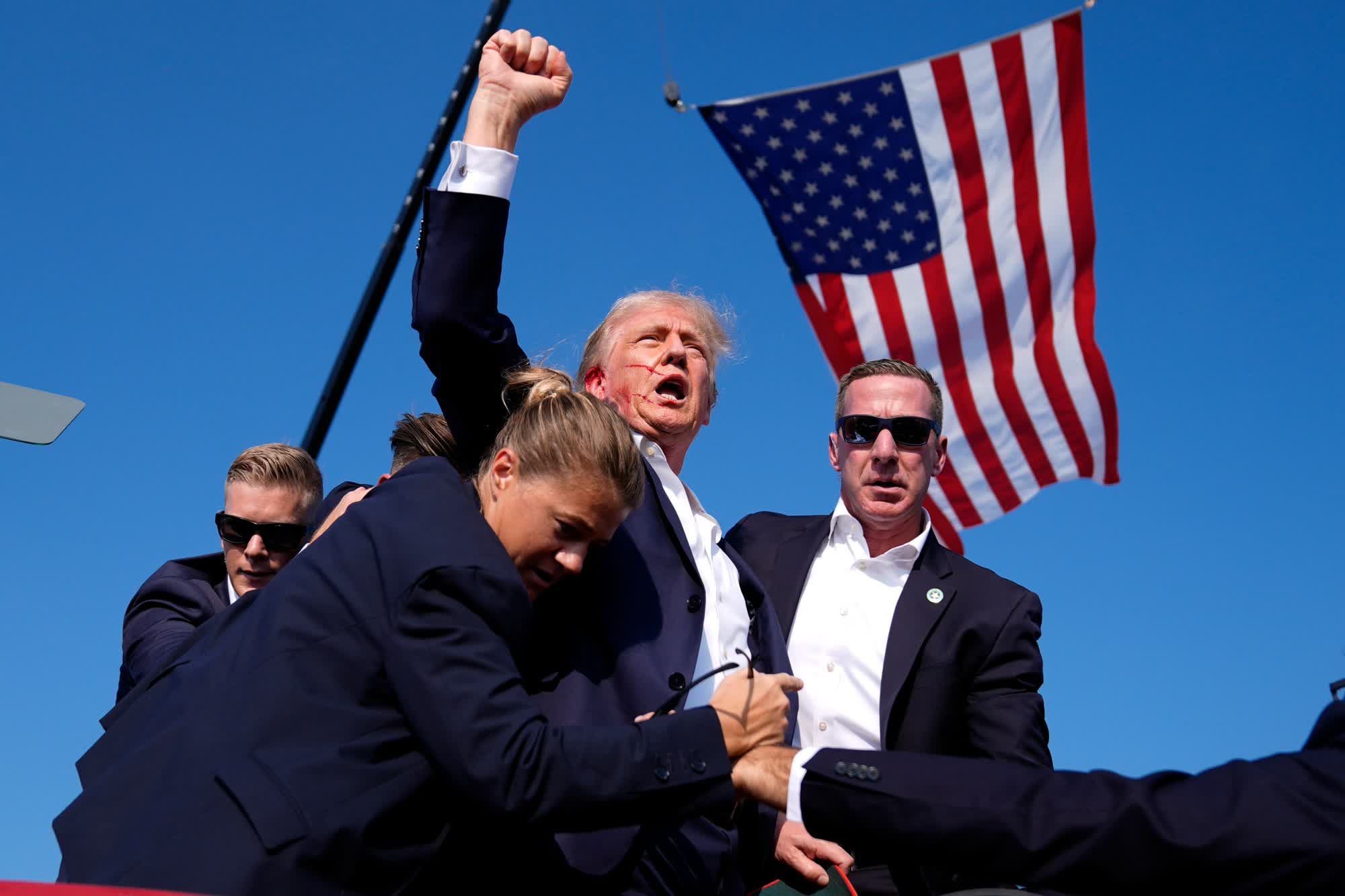Ariel Henry agrees to Step Down as Haiti Grapples with Violence and Looting.
Haiti’s Prime Minister, Ariel Henry, has submitted his resignation and implored for peace amidst the nation’s descent into turmoil. The 74-year-old declared his intention to step down late on Monday following a crisis meeting of regional nations. Haiti has been besieged by escalating violence in recent weeks, with armed gangs seizing control and demanding Henry’s departure.
Following the summit in Jamaica, where Caribbean nations advocated for a swift transition, Ariel Henry—having led Haiti since the 2021 assassination of its former president without being elected—addressed the public via video.
“In the aftermath of the installation of a transition council,” Henry stated, “the government I am leading will promptly resign. I urge all Haitians to maintain calm and strive for the swift return of peace and stability.”
Currently stranded in Puerto Rico due to gang threats preventing his return home, the former Haitian leader received assurance from a senior US official that he could remain in Puerto Rico or travel elsewhere, contingent upon improved security conditions in Haiti.
Amid Henry’s absence in late February, armed gangs, spearheaded by Jimmy “Barbecue” Cherizier, unleashed chaos, advocating for a foreign police intervention led by Kenya to restore order and facilitate elections.
With warnings of civil unrest and genocide looming, Haiti has plunged into disorder, marked by widespread violence, infrastructure looting, and famine concerns.
Regional leaders of the Caribbean Community (CARICOM) convened an emergency summit to outline a political transition framework, a process the US urged to expedite amidst the havoc caused by armed gangs and repeatedly postponed elections.
Despite being considered corrupt by many Haitians, Henry was not present at the closed-door summit. The Associated Press reported that Henry’s office spokesperson did not respond to inquiries.
The prime minister was slated to step down in February but has been effectively barred from returning to the country since the unrest intensified. He arrived in Puerto Rico last week after being refused entry to the Dominican Republic, which shares the island of Hispaniola with Haiti.
Mohamed Irfaan Ali, President of Guyana and current chair of CARICOM, highlighted that the emergency discussions aimed to restore “stability and normalcy” to Haiti, the poorest nation in the Western hemisphere.
US Secretary of State Antony Blinken, also present at the summit, pledged an additional $100 million for a United Nations-backed force to stabilize Haiti, along with $30 million in humanitarian aid. Blinken emphasized the significance of the meeting for both Haiti and the wider region.
The US supported “a proposal developed in collaboration with CARICOM and Haitian stakeholders to accelerate a political transition through the establishment of a broad-based, independent presidential college,” stated the US State Department in a release.
The body would be comprised of two observers and seven voting members, including representatives from a number of coalitions, the private sector, civil society and one religious leader.
It would be tasked with meeting the “immediate needs” of Haitian people, enabling the security mission’s deployment and creating security conditions necessary for free elections, Blinken said.
A US official in Puerto Rico said Henry had confirmed his resignation in a call with Blinken.


